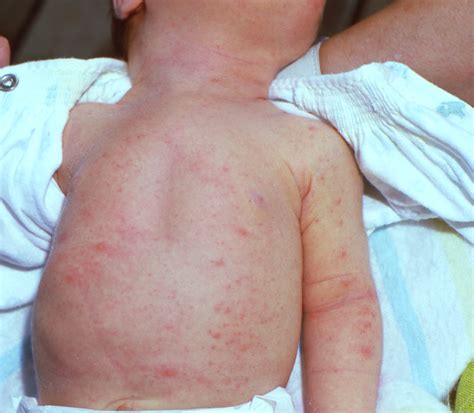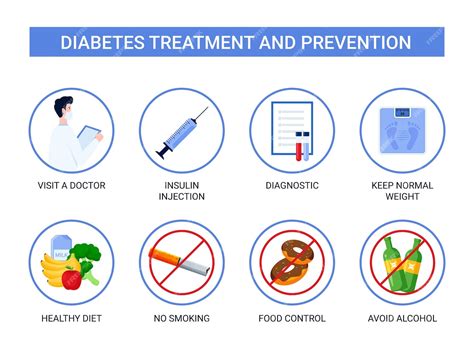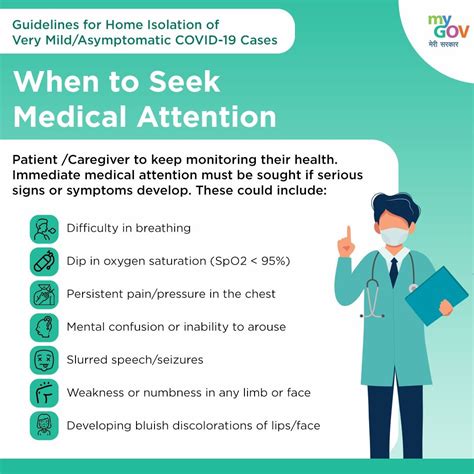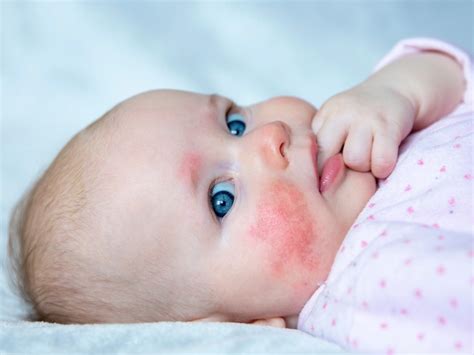Intro
Discover common newborn skin rash causes, including eczema, acne, and diaper rash, and learn about symptoms, treatments, and prevention methods for baby skin conditions.
Newborn skin rashes are a common concern for many parents, as they can be unsettling and worrisome. However, it's essential to understand that most newborn skin rashes are harmless and temporary. In this article, we will delve into the various causes of newborn skin rashes, their symptoms, and treatment options. By the end of this article, parents will be better equipped to identify and manage their baby's skin rashes, reducing anxiety and promoting a healthier relationship between parent and child.
Newborn skin rashes can be caused by a variety of factors, including environmental, genetic, and infectious agents. Understanding these causes is crucial in providing appropriate care and treatment for the baby. Moreover, recognizing the different types of skin rashes can help parents identify potential allergies or underlying health conditions that may need medical attention. As we explore the world of newborn skin rashes, it's essential to remember that each baby's skin is unique, and what may be a minor issue for one baby could be a significant concern for another.
The first few weeks of a baby's life are a time of significant adjustment, and their skin is no exception. Newborn skin is delicate and sensitive, making it more prone to irritation and rashes. As the baby's skin adapts to the outside environment, it's not uncommon for rashes to appear, causing concern for parents. However, by understanding the common causes of newborn skin rashes, parents can take proactive steps to prevent and treat these conditions, promoting healthy skin and a happy baby.
Newborn Skin Rash Types

There are several types of newborn skin rashes, each with distinct characteristics and causes. Some of the most common types of newborn skin rashes include:
- Erythema toxicum: a harmless rash that appears as small, yellow or white bumps on the skin
- Acne neonatorum: a type of baby acne that occurs when the baby's oil glands are clogged
- Milia: small, white bumps that appear on the nose, chin, or cheeks
- Infantile seborrhoeic dermatitis: a type of eczema that causes a red, itchy rash on the scalp, face, or body
- Diaper rash: a type of rash that occurs when the baby's skin is irritated by urine or feces
Causes of Newborn Skin Rashes
These types of skin rashes can be caused by a variety of factors, including: * Irritation from urine or feces * Allergies to soap, detergent, or other products * Infections, such as bacterial or viral infections * Genetic conditions, such as eczema or psoriasis * Environmental factors, such as temperature or humidityTreatment and Prevention

While most newborn skin rashes are harmless, it's essential to take steps to prevent and treat them. Some tips for preventing newborn skin rashes include:
- Keeping the baby's skin clean and dry
- Changing diapers frequently
- Avoiding harsh soaps or detergents
- Using gentle, fragrance-free products
- Keeping the baby's environment cool and dry
Treatment for newborn skin rashes depends on the underlying cause. For example, diaper rash can be treated with topical creams or ointments, while eczema may require prescription medication. In some cases, newborn skin rashes may require medical attention, especially if they are severe or persistent.
Home Remedies for Newborn Skin Rashes
There are several home remedies that can help soothe and calm newborn skin rashes. Some of these remedies include: * Oatmeal baths: oatmeal has anti-inflammatory properties that can help reduce itching and irritation * Coconut oil: coconut oil has antimicrobial properties that can help prevent infection * Breast milk: breast milk has antibacterial properties that can help soothe and calm the skin * Aloe vera: aloe vera has anti-inflammatory properties that can help reduce redness and irritationWhen to Seek Medical Attention

While most newborn skin rashes are harmless, there are times when medical attention is necessary. Some signs that a newborn skin rash requires medical attention include:
- Severe redness or swelling
- Pus or discharge
- Fever or irritability
- Difficulty breathing or swallowing
- Refusal to feed or sleep
If a newborn skin rash is severe or persistent, it's essential to seek medical attention to rule out any underlying health conditions. A healthcare provider can diagnose the underlying cause of the rash and provide guidance on treatment and prevention.
Diagnosing Newborn Skin Rashes
Diagnosing newborn skin rashes can be challenging, as many rashes have similar symptoms. A healthcare provider will typically perform a physical examination and take a medical history to determine the underlying cause of the rash. In some cases, additional tests may be necessary, such as blood tests or skin scrapings.Managing Newborn Skin Rashes

Managing newborn skin rashes requires a combination of prevention, treatment, and patience. Some tips for managing newborn skin rashes include:
- Keeping a skin diary to track the rash and any changes
- Avoiding irritants, such as soaps or detergents
- Using gentle, fragrance-free products
- Applying topical creams or ointments as directed
- Seeking medical attention if the rash is severe or persistent
By following these tips, parents can help manage their baby's skin rashes and promote healthy, happy skin.
Coping with Newborn Skin Rashes
Coping with newborn skin rashes can be stressful and overwhelming, especially for new parents. Some tips for coping with newborn skin rashes include: * Seeking support from family and friends * Joining a parenting group or online community * Taking breaks and practicing self-care * Focusing on the positive aspects of parenthood * Seeking medical attention if the rash is severe or persistentBy taking proactive steps to prevent and treat newborn skin rashes, parents can reduce anxiety and promote a healthier relationship between parent and child.
Conclusion and Next Steps

In conclusion, newborn skin rashes are a common concern for many parents, but most are harmless and temporary. By understanding the causes, symptoms, and treatment options, parents can take proactive steps to prevent and manage their baby's skin rashes. If you're concerned about your baby's skin rash, don't hesitate to seek medical attention. With patience, support, and the right guidance, you can help your baby's skin thrive.
We invite you to share your experiences and questions about newborn skin rashes in the comments below. Your input can help other parents who may be going through similar situations. Additionally, if you found this article helpful, please share it with your friends and family to help spread awareness about newborn skin rashes.
What are the most common types of newborn skin rashes?
+The most common types of newborn skin rashes include erythema toxicum, acne neonatorum, milia, infantile seborrhoeic dermatitis, and diaper rash.
How can I prevent newborn skin rashes?
+To prevent newborn skin rashes, keep the baby's skin clean and dry, change diapers frequently, avoid harsh soaps or detergents, and use gentle, fragrance-free products.
When should I seek medical attention for a newborn skin rash?
+Seek medical attention if the rash is severe or persistent, or if you notice signs of infection, such as pus or discharge, fever, or irritability.
